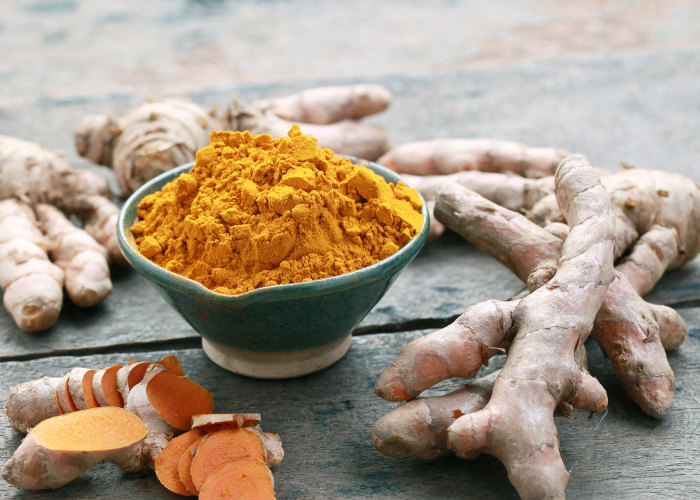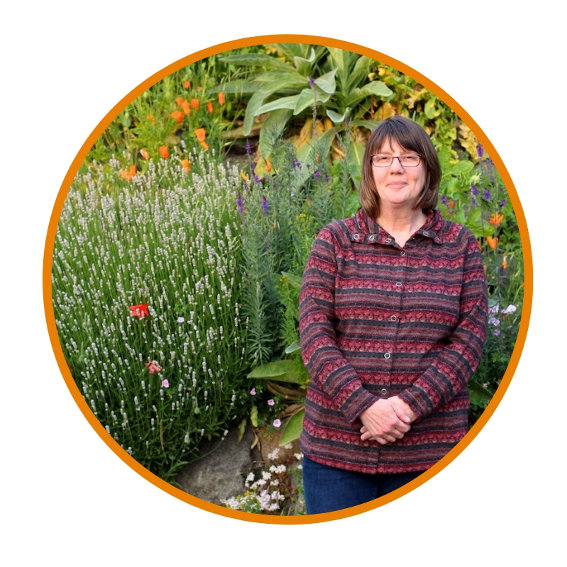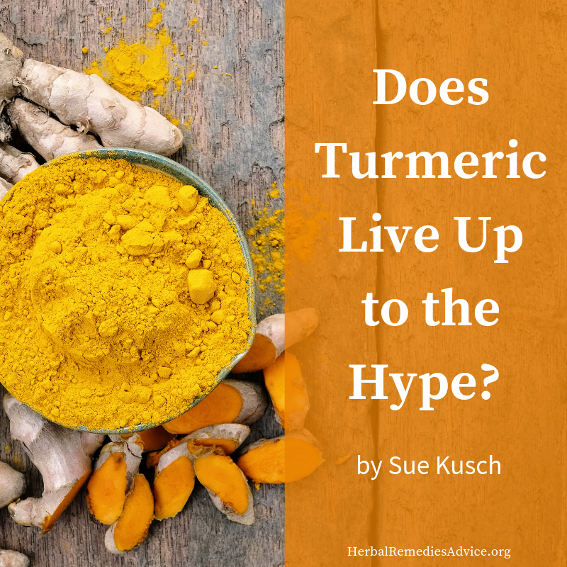Get weekly tips, recipes, and my Herbal Jumpstart e-course! Sign up for free today.

Benefits of Turmeric
Share this! |
|
Do the benefits of turmeric live up to the media hype?
Anyone who researches information for living a healthier lifestyle can be quickly overwhelmed with all of the marketing and hype of “superfoods” and “super herbs.” Many consumers aren’t aware that the supplement industry is not as strictly regulated as the drug industry.
The hype usually begins with a scientific study that suggests that a particular plant, or an isolated active ingredient of the plant, has shown promise in helping with a common health complaint, or promises some benefit to improving your overall wellness. Suddenly, ads, articles and eventually a media guru features it on a television or radio show and sales of the pharmaceutical-developed supplement skyrocket.
Garlic, ginseng, echinacea and St. John’s Wort are examples of four plants that at some point were heavily marketed as some kind of super herb. Consumers began taking therapeutic doses without researching the claims and possible contraindications. As a result of unprincipled marketing, we saw an assortment of problems: large doses of garlic thin blood, creating complications for surgery; wild American ginseng is now threatened by over harvest; echinacea is wrongly recommended as the cure-all for cold and flu complaints; and St. John’s Wort, often marketed for depression, affects the efficacy of certain prescribed pharmaceuticals.
Health professionals wince at this kind of media-driven health advice, and clinical herbalists often have to address this “one pill fits all” mindset when working with clients. Over the last couple of years, I noticed that turmeric has been lifted to “Super Herb Status.”
Does it really do all things that the supplement industry claims?
Well, in the case of turmeric - yes!
The Benefits of Turmeric
Turmeric (Curcuma longa) is a tropical plant that produces a potent yellow rhizome (underground stem) that has been used for thousands of years in Indian cooking and Ayurvedic medicine. Unlike its spicy cousin, ginger, turmeric’s taste is a bit bland and bitter. But, when combined with other spices in a curry recipe, it offers a delicious taste and a warming effect. Curry anything is my favorite way to enjoy turmeric!
After researching turmeric I realized that I might benefit from a daily therapeutic dose of turmeric. I recall someone telling me that turmeric is likely the most researched plant, and a quick search reveals that over 4000 human and animal studies have been done on the benefits of turmeric.
If there is such a thing as a superfood, I think turmeric would easily earn the label. Turmeric and one of its active ingredients, curcumin, can benefit every system of the human body. It has the potential to both heal and prevent certain diseases, offer pain relief, soothe digestive complaints, improve blood circulation, reduce LDL cholesterol, enhance brain function, assist healing of wounds and skin problems, and promote enzymes and bile to support our liver’s health. 1,2,3,4,7,6,7
Turmeric’s most promising benefits are its anti-inflammatory and anti-oxidative properties.8 As we learn more about inflammation and its effects within our bodies, we are also learning about ways to reduce inflammation through our diet and use of medicinal herbs. The wear and tear of aging often shows up in painful joints and, as previously discussed in an article on osteoarthritis, inflammation is one of the most common factors. Taking non-steroidal anti-inflammatory drugs (NSAIDs) can be effective but can also create other problems with the digestive system, the kidneys and our cardiovascular system.9
Studies show that turmeric not only alleviates some of the pain associated with osteoarthritis, it reduces the inflammation and can help rebuild joints and support healthy tendons and ligaments, thus maintaining flexibility.10 This is the primary reason why I take five grams each day of powdered turmeric; the reduction in flexibility has been the most profound change in my aging body.
The turmeric-filled capsules I take each day are also helping with lowering my LDL cholesterol and supporting my bile production from both my gallbladder and my liver.11,12 I take a few other herbs daily to support my cardiovascular and immune systems and, after reading about turmeric’s support of the liver, I added it to my daily herbal regimen.

Benefits of Turmeric: Uses
There are several ways to take turmeric on a daily basis: if you find it in your grocery store as a fresh root, it can be added to your daily meals by adding to everything you eat! I found this challenging simply because the taste is harsh. Adding powdered turmeric in capsules has been the easiest way for me: I have an inexpensive capsule machine and mix powdered turmeric with 3% of freshly ground black pepper (which assists with the bioavailability of turmeric) and fill enough capsules for 2-3 weeks.
The constituent in turmeric that is considered the most medicinal is curcumin, and there are many commercial supplements available that are simply extractions of this compound. But as a plant person, I believe that the whole is better than a part - plants don’t reduce themselves to constituents - they develop as a mix of compounds that all work together. So invest in the real thing: a combination of fresh and powdered turmeric in your meals and as a supplement is an investment in your wellness.
Citations for Benefits of Turmeric
Click to show/hide.
Sue Kusch, a former community college instructor and academic advisor, incorporates her experiential wisdom, expertise and science-based research garnered from her three decades of growing vegetables, fruit and herbs into her educational writing about plants and how people use them. In addition to her BA in Social Sciences and Masters in Education, she completed the Master Gardener training in 2011 and two permaculture courses in 2001 and 2014. She has studied medicinal and nutritional uses of herbs, including studies at Herbmentor and East West School of Planetary Herbology, since 1997. An avid reader, lover of historical and folkloric information, and a promising storyteller, Sue writes about the intersection of plants and people.
